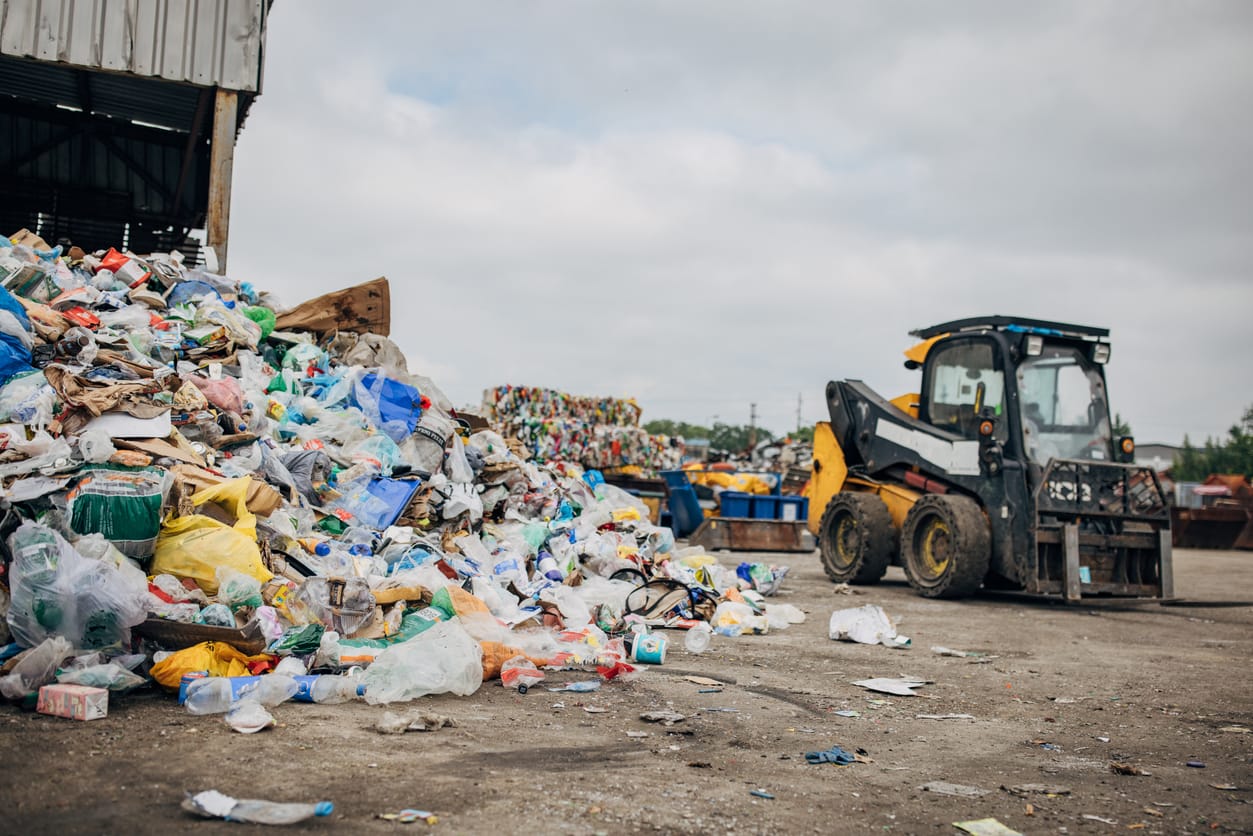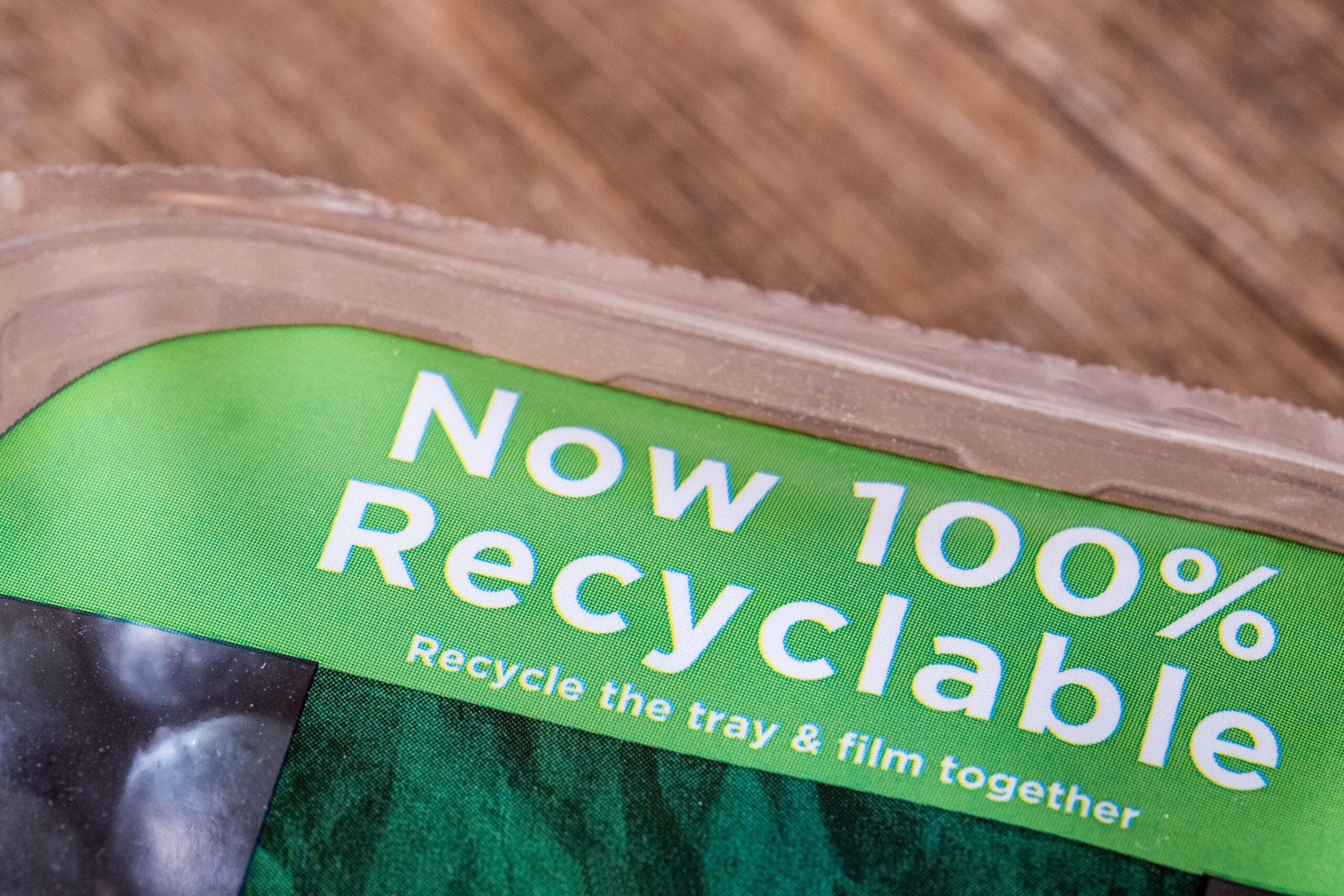Pick from our related articles...
You can find us on
Keep yourself up to date with Let's Recycle It latest news
Worldwide Plastic Waste to Triple By 2060 | Plastic Pollution in The Ocean
Waste Plastic
A new report published by the Organisation for Economic Co-operation and Development (OECD), titled ‘Global Plastics Outlook: Policy Scenarios to 2060’, forecasts that global plastic waste production is set to triple by 2060. The report estimates that as little as one fifth of this material will be recycled, while over half will end up being sent to landfill.
In their report, the OECD states that this threefold increase in plastic waste will cause plastic pollution to skyrocket, unless drastic action is taken to improve waste management and the recyclability of plastic products, to increase product lifespan and to ultimately curb the demand for plastic. The organisation is anticipating that more than two thirds of plastic waste in 2060 will be from ‘short-lived items’ such as packaging, textiles and low-cost products.
The OECD’s report expects that this increase in demand for plastic will primarily be a result of rising populations and incomes in developing countries. Unless policies designed to combat and prevent this are brought in as a matter of priority, then global plastic consumption could increase from the 460 million tonnes in 2019 to over 1.23 billion tonnes by 2060. The growth will be fastest in emerging countries across Africa and Asia, and it will be these countries that also bear the brunt of the pollution problems.
Plastic Waste In Oceans
The ecological impact of this will be devastating; by 2060 plastic leakage into the environment will double to 44 million tonnes a year. As well as this, plastic entering rivers, lakes and oceans will triple from 353 million tonnes in 2019 to over 1.01 billion tonnes by 2060. Large pieces of plastic debris are found to be the main contributors of pollution, but microplastics, from items such as plastic pellet and textiles, are also ‘a serious concern’ according to the report.
Plastic In Landfills
The projected increase in the consumption of plastics and the production of plastic waste is expected despite the OECD predicting that the use of recycled plastic will also increase. By 2060, as much as 17% of plastic waste may be successfully recycled, compared to the just 9% that was recycled in 2019. However, landfill and incineration will still likely account for 50% and 20% respectively of how we manage our plastic waste.
Plastic waste that isn’t handled through organised waste management systems, such as by ending up as pollution in the environment or being burned in open pits, is expected to fall from 22% in 2019 to 15% in 2060. The fact that the share of plastic waste being burned or becoming pollution will decrease by 7% must be considered alongside the fact that the total amount of waste being produced is set to increase by more than 200%. Even though the percentage is decreasing, the overall amount will still significantly increase.
The OECD Secretary-General, Mathias Cormann, said, “If we want a world that is free of plastic pollution, in line with the ambitions of the United Nations Environment Assembly, we will need to take much more stringent and globally coordinated action.”
Here at Let’s Recycle It, we know that we will never stop needing plastic; the material is simply too valuable to us. Plastic is too versatile and too affordable for us to do away with it completely. Without plastic, medical treatments would be less effective, less available and more expensive. Without plastic, food produce could not be kept as fresh for as long and would come at a much higher cost.
Recyclable Plastics
What needs to be the priority is ending our reliance on single-use plastic products and on rapidly increasing our recycling capacity. We need to find alternatives to the disposable plastic products that so frequently end up in landfill and in the oceans. We need funding to be made available for investment in our recycling infrastructure. Not only do we need more recycling facilities, but we need clear strategies for maximising the recyclability of waste. This means keeping materials as separated and as clean as possible, to keep them in use within the economy.
We must make it as easy as possible for both businesses and individuals to recycle the waste they produce. If we truly want to live in a world free of plastic pollution, then we need to work on preventing pollution as opposed to just curing it.
Follow us to stay up to date on our latest news
If you would like to receive our newsletter to keep up to date with Let’s Recycle It news and to receive marketing information regarding our services, please let us know:


